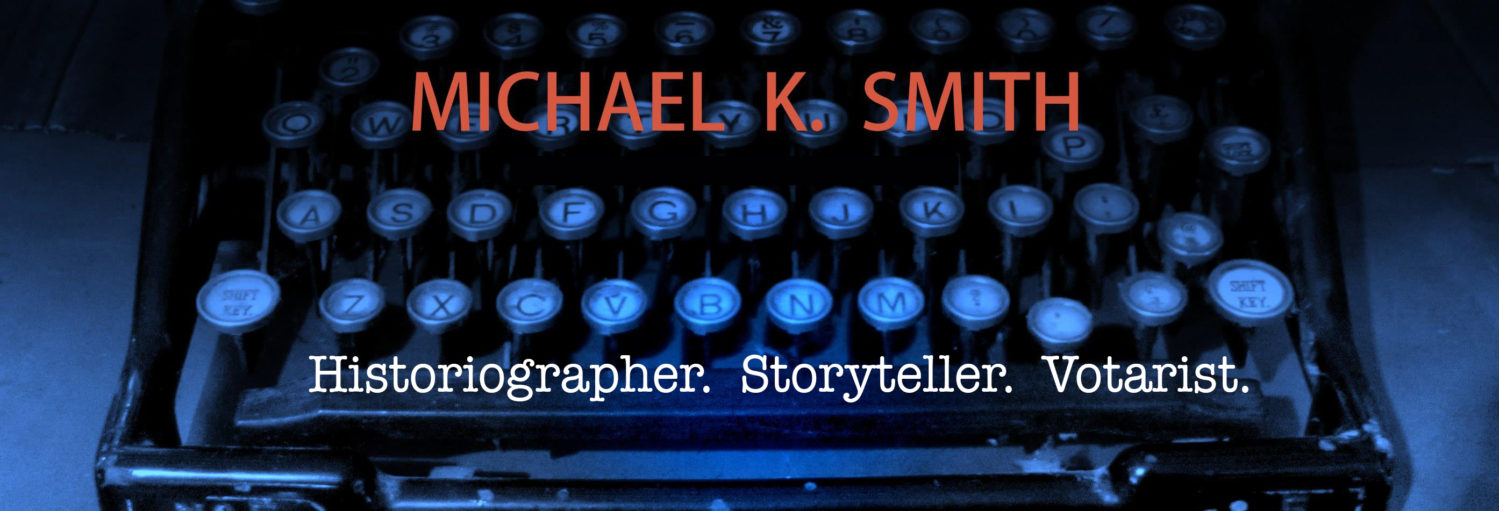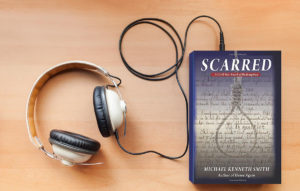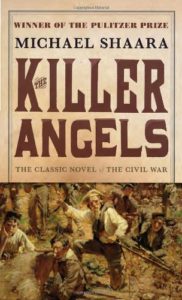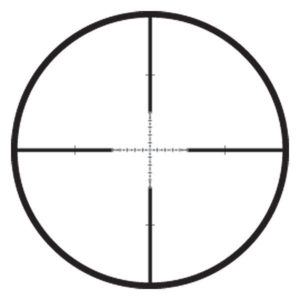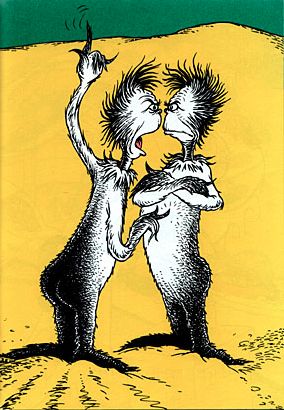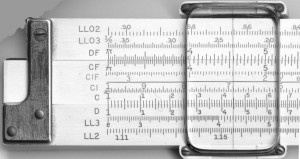Excerpted from SCARRED: A Civil War Novel of Redemption. Available on Amazon.
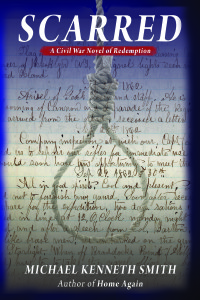
Virginia, 1863
The grey early morning light seeped through the tall sycamores next to the river bank. The hollow sound of a distant hungry woodpecker broke the silence. The scope of a rifle followed the Confederate sharpshooter as he climbed the tree to his hidden platform. The scope’s spider lines centered on the man’s head and Zach Harkin squeezed the trigger. Blood and bone splattered against the tree as the gunshot echoed through the forest.
Zach climbed the tree and stared at the jawless dead man. Searching, he found a logbook. Inside the logbook was a picture of a woman.
Chapter 1
Knoxville, Tennessee 1908
Chris Martin read the sign above the door: “Harkin and Son, Gunsmiths” and a bell tinkled as he entered. The old man behind the counter had a deep scar from his hairline across his cheek to his chin. But even more noticeable was the scar around his neck, just below the jawbone. It looked like a tight necklace etched into his skin. It had been plainly caused by a hangman’s rope.
The well-worn wood-planked floor creaked as Chris walked to the counter. A steaming pot on the old, potbellied stove in a back corner of the room reminded him of the way his grandfather made coffee by just boiling the grounds in water. The fresh morning air mixed with the pungent smell of Hoppe’s gun oil which permeated the room. The sun shone through the front windows, illuminating the man’s face and cast a sharp shadow over the rifles hanging on the wall behind him, the veiled significance of which he would later learn.
“My name is Chris Martin,” he said, offering the old man his hand.
“Zach Harkin. Welcome. And how can I help you?”
“I am a columnist with The New York World.” Harkin’s face turned dour, but Chris continued, “My paper has asked me to write a series of articles about the Civil War and specifically about your exploits at Shiloh as a sharpshooter. Your heroism is well known. Is that coffee I smell?”
“Mr. Martin, what I did at Shiloh could have been accomplished by anybody handy with a rifle. I am no ‘hero’ and have never claimed to be one. I do not think further conversation would do you any good.”
Looking for another tack Chris said, “You sure have a lot of handsome firearms here. Mind if I look around a bit?”
“As you wish.”
When The World gave this assignment to Chris, he decided the first thing to do was to learn about guns: How they were used, their various advantages and disadvantages, their power, range, accuracy, and ease of action. He visited several gunsmiths in the New York area discussing the attributes of Spencers, Sharps, Colts, Remingtons and all the variations. The gunsmiths were eager to talk about their wares, and surprisingly, he developed a keen interest himself.
Chris spent several days consulting with John Jovino, a noted gun expert in New York City. Jovino had heard of Zach Harkin and even knew of his gun shop in Knoxville. Jovino was able to guess about some of the rifles Zach might have and prepared Chris with details.
Chris picked up a beautifully restored 1861 Model Springfield rifle. While it appeared to have been heavily used, the stock had been refinished and the metal parts buffed to a steely shine. He looked down the barrel, noting the rifling. “Nice 1861 model,” he said. “First Springfield that had rifling, wasn’t it?”
“Yep,” the old man said, not looking up. Zach’s big hands dwarfed the small pencil he was using but the the writing was neat and concise. His sleeves were rolled up just below his elbows revealing large forearms with numerous small scars. Both wrists bore identical scars which looked like thin bracelets probably also caused by ropes. Chris thought to himself that this man must have been in the worst of the war.
He then picked up a Model 1855 Colt revolving rifle. With a six-shot cylinder that rotated each time the gun fired made it essentially a repeating rifle. The problem was that sometimes when the rifle was fired, the next shot could cause two cartridges to explode, one going down the barrel and the other through the shooter’s hand.
“I wonder if the original owner of this gun has a bullet hole in his hand,” Chris said.
The old man looked up, mildly interested.
Under the glassed-topped counter, another rifle caught Chris’s eye. It was a Whitmore forty-two caliber breechloader and it appeared to be in mint condition. “Mind if I have a closer look?” Chris asked.
The man handed the rifle over slowly as if it was something very special.
“Hmmm, a Nathaniel Whitmore. Made in Boston, probably 1855 or so,” Chris said. “Looks like it has never been fired.”
He stopped writing and looked up at Chris finally getting his attention.
“This lollipop rear sight sure made it effective for long-range shooting. Should be accurate way north of five or six hundred yards. Correct me if I’m wrong but this rifle was one of the favorites used by Berdan’s Sharpshooters in the war.” Chris knew Zach had served with Berdan and hoped he would be impressed.
“Well, I have to admit, you know your guns,” he said. “Let’s have some coffee.”
They sat down on wooden chairs on either side of the pot-bellied stove. The room was quiet except for an old clock ticking somewhere in the next room. The old man looked troubled. Between sips of coffee, he studied the floor with a deep frown on his face. His hair was gray, as was his beard, and the scar down the side of his face looked like lightning streaking between them. He was in excess of six feet tall, trim, and his clothing was well-worn, but neat and clean. He wore a pair of bib overalls with various tools sticking out of the pockets.
He looked up at Chris as if to speak then hesitated and returned his gaze to the floor. Chris stayed quiet. Finally, he got up, walked behind the counter and started wiping down the glass.
Chris started toward the door. “Mind if I come back tomorrow?”
“I’m here every day except Sundays,” he said flatly.
The Harkin shop was located on Gay Street in downtown Knoxville. Chris already knew Zach’s father had moved there from Manchester, Vermont in the 1850’s. Knoxville was a bustling “new South” city having grown steadily since the end of the war. Gay Street was lined with brick buildings housing stores, shops and offices. The streets were also brick with two sets of electric streetcar tracks connecting the city to outlying areas. The light posts lining the street had dozens of wires strung from their cross members, giving the impression of vibrancy and growth. The concrete sidewalks were crowded with shoppers and businessmen.
Two men were loading bundles of newspapers onto a horse drawn covered wagon with “The Knoxville Sentinel” brightly painted in red on the sides, while workers put the finishing touches on the soon-to-open Bijou Theater directly across the street. A few motor carriages passed by, the smell of their black exhaust mixed with the pungent odor of horse urine.
At the Lamar Hotel, a cheerful older man behind the reception desk looked up as Chris entered.
“Mr. Martin?” he asked.
“How would you know that?” Chris asked, surprised noticing a name tag pinned to his shirt that said, “Jerome Daniels”.
He laughed and said he could tell from the cut of my suit jacket, and they had only one reservation from New York. The man was bald and wore a white cotton shirt, wrinkled and stained in front. His footsteps sounded strange as he walked out from behind the desk, and Chris couldn’t avoid glancing down at his wooden leg.
“Chattanooga Campaign, back in ’63, Rebel cannonball,” he said matter-of-factly. “This is my sixth stub. Wear ‘em out almost as fast as they can make ‘em.” He picked up my bag and hobbled toward the staircase.
The wooden leg was rounded on the end and whenever he took a step, the thump on the old oak floor sounded like a slow cadence of a tired company of soldiers at the end of a long day of marching. Going up the stairs, he could only take one step at a time. He would lead with his good foot, then lift the bag up, and follow with his peg leg, talking all the time. Chris thought it better not to offer a hand, as he seemed too proud to accept. It took a while, but they eventually made it to the room on the third floor. As the valet unlocked the door, he asked Chris what brought him to Knoxville and Chris explained that he was interviewing Zach Harkin for a piece to be printed in the New YorkWorld. When Harkin’s name was mentioned, the old man’s eyes lit up.
“Do you know him?” I Chris asked.
“Went to school with him, hunted and fished with him. We were even at Shiloh together. Yes, you could say I know him.” He said everybody west of the Appalachians knew Zach Harkin, and proceeded to tell about the statue they had wanted to erect near Fountain City Park in his honor. Harkin fought the idea, threatening to sue the city if they continued their plans, so the idea was eventually dropped.
Chris opened the window of the stuffy room, rattling the counterweights and admitting the sound of the screech of a braking streetcar below. A stiff breeze wafted the heavy blue velvet drapes as they tugged against their gold-colored rope tiebacks. The floor was the same oak as in the lobby but had had much less wear. It was covered with a thin layer of dust which blew with the breeze. Against the back wall was a four-poster bed with a mattress that sagged in the middle. A chamber pot sat on a dresser beside a pitcher of water. Next to the pitcher was a vase containing three daisies all drooping in different directions.
Chris tipped Jerome, then sat at a small table and wrote a telegram to his editors confirming his arrival and promising his first installment of the Harkin story within a few days. He did not know if he would be able to keep that promise but he knew his paper was anxious to get started.
Then he wrote a letter to Sarah Elliott, the woman he hoped to marry when he returned. She shared Chris’s excitement about his assignment and both thought the articles could act as a spring-board for his career. They both believed the country was hungry for stories about soldiers who had distinguished themselves in the war. Chris, having been born in 1870 five years after the end of the war, represented a generation that had not experienced the war. They wanted to know more about the men who fought and how they reintegrated after they came home. The World and other newspapers had been relatively silent about the Civil War over the last few decades and Chris thought it was time to change that.
Chapter 2
After the New York World reporter left, Zach decided to close the shop for the day. The reporter had been nice enough. As a matter of fact he liked him. He seemed to know an awful lot about guns for a city fellow. Maybe he had been just trying to win Zach over like a good reporter. If so, he had succeeded. He seemed genuinely interested in what had happened way back then. Zach pulled the shades and locked the door, feeling a familiar heavy weight on his shoulders. It was more like a vague darkness that was always there, coming closer, then fading. Sometimes it enveloped him and held him captive and he would wonder why he was put on this earth and he would sink into despair.
He went up to his bedroom and sat on the bed. Reaching into the bedstand drawer, he pulled out the logbook he had taken from the dead soldier’s side so long ago and stared at the picture of a woman inside. . . .
Read more.
 I had the opportunity to catch up with Jeffrey Hutchins this week, for a quick Q&A. You may recall, Jeffrey is the narrator of Scarred: A Civil War Novel of Redemption.
I had the opportunity to catch up with Jeffrey Hutchins this week, for a quick Q&A. You may recall, Jeffrey is the narrator of Scarred: A Civil War Novel of Redemption.